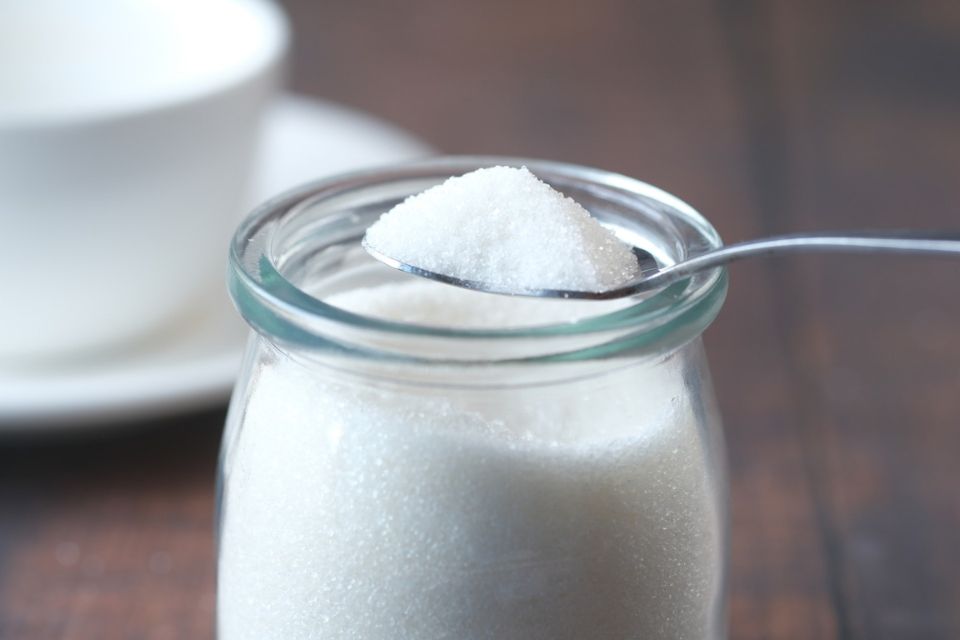
A decadent chocolate muffin or a fizzy drink! While we frequently seek these sweet snacks, we rarely consider the quantity of sugar we consume on a daily basis. Our bodies require sugar to function properly, but it should come from natural sources like vegetables and fruits not refined sugar added to pastries, desserts, and soft drinks.
1. Sugar is bad for the brain
Sugar has been shown to impair your memory and ability to learn by interfering with the functioning and connections of your brain. The chilling conclusion: A greater intake of sugary beverages was connected with Alzheimer’s disease biomarkers.
2. Can cause cancer
There is some evidence that eating a lot of sugar increases your risk of developing some cancers, for example, esophageal cancer. A high-sugar diet promotes inflammation and may result in insulin resistance, which increases the risk of cancer.
3. Decreases bone density
Too much sugar depletes the bones of calcium and other essential minerals, reducing their density. This indicates that one’s bones are more susceptible to breaking. Women over the age of 50 who have had menopause are particularly vulnerable, as the loss of estrogens results in bones weakening.
4. Can cause obesity
This is a natural result of the body storing an excessive amount of sugar. Additionally, sugar-sweetened beverages include fructose, a simple sugar that stimulates your appetite and craving for sweet foods, creating a vicious cycle of increased sugar consumption. Additionally, a rise in body fat raises your risk of developing heart disease.
5. Tooth erosion and skin diseases
Acne, rashes, and numerous skin problems are caused by excessive sugar consumption, as the body excretes excess sugar through the skin. Simply said, sugary foods rapidly increase insulin and blood sugar levels, resulting in inflammation, oil production, and increased androgen secretion all of which contribute to the development of acne. Too much sugar also harms your pearly whites by eroding the enamel, which can result in tooth disease and pricey dental costs.
6. Fluctuations in mood swings and energy
Elevated blood sugar levels followed by abrupt drops will have a direct effect on your mood and energy. After eating sugar, you experience a rush of energy, followed by a crash of energy. These swings can be damaging to one’s mental health and increase one’s risk of developing depression. Individuals who are desperate to get back on high sugar levels will consume an increasing amount of sugar.
7. Sugar increases abdominal fat
Excess refined sugar promotes belly fat by maturing fat cells, resulting in a bloated stomach. Obesity in the abdomen increases the risk of heart disease and diabetes. If you’re already battling abdominal fat, begin by lowering your sugar intake.
8. Increases risk of heart diseases
This is one of the numerous bad effects of processed sugar that should be enough to convince you to say “no thanks” for good. A 15-year study discovered that those who consumed more than 25% sugar were more likely to die of heart disease than those who consumed less than 10% sugar. The findings were constant regardless of the individual’s gender, age, body mass index (BMI), or activity levels.
9. Increases the risk of diabetes
Sustaining a high sugar intake for an extended period leads to insulin resistance, a hormone that regulates blood sugar levels. This can result in a spike in blood sugar levels and an increased risk of developing diabetes.
10. It thickens blood
Excess sugar results in thickening of the blood, impairing blood flow. A healthy body requires a continuous flow of blood to all vital organs. Blood that is too sticky increases blood pressure, and high blood pressure can cause further complications.
 Daryeel Magazine
Daryeel Magazine

